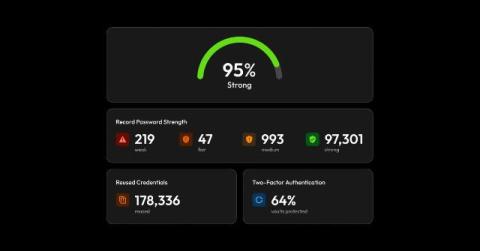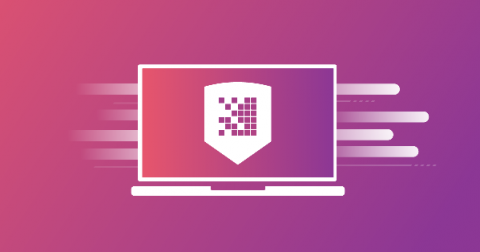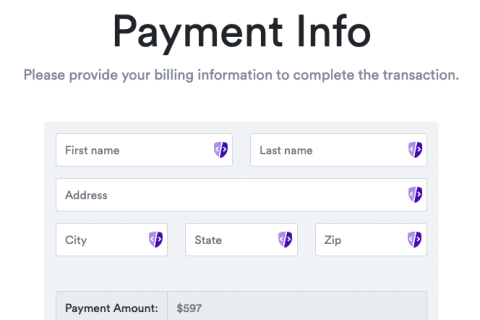More Than 33,000 People in the UK Have Been Hacked Over the Past Year
Action Fraud, the UK’s national fraud and cyber crime reporting service, warns that more than 33,000 people have reported that their online accounts have been hacked over the past year. Most of these hacks were the result of phishing and other social engineering tactics. Action Fraud describes one technique that involves using a compromised account to target the victim’s friends.










